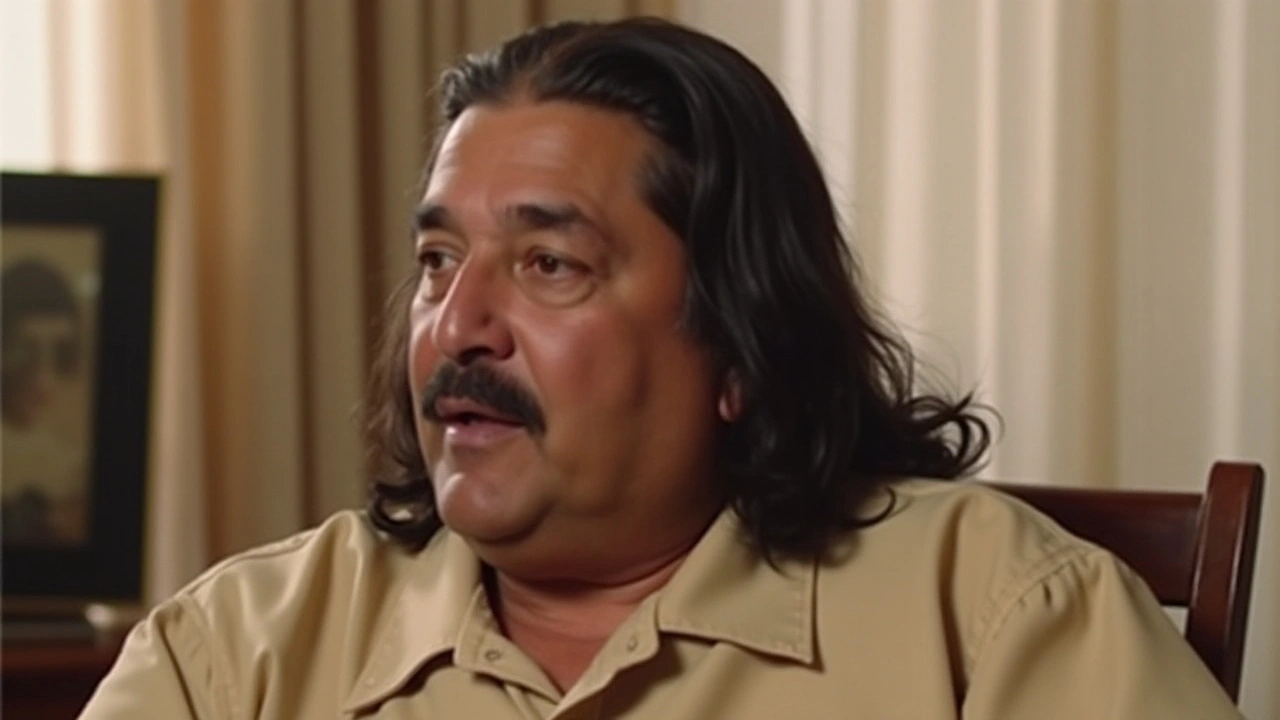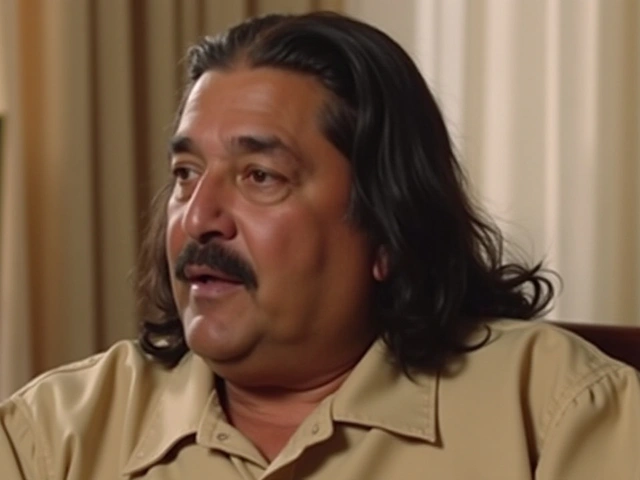Biden Commutes Sentence of Indigenous Activist Leonard Peltier Marking a New Chapter in Justice Reform
The Historical Backdrop of Leonard Peltier's Incarceration
Leonard Peltier's case has been a pivotal and contentious issue in the domain of justice and Indigenous rights for several decades. Convicted in 1977 for the deaths of FBI agents Jack Coler and Ronald Williams during a chaotic standoff on the Pine Ridge Indian Reservation, his trial has been mired with claims of prosecutorial misconduct, questionable evidence, and allegations of legal bias. His supporters argue that Peltier was targeted in a broader government attempt to suppress Indigenous activism during the tumultuous 1970s. This era was marked by widespread tension and conflict between Indigenous rights movements and federal authorities.
The Dynamics of a Presidential Commutation
President Joe Biden's decision to commute Peltier's life sentence resonates deeply within the tapestry of modern American leadership addressing historical injustices. After years of legal battles and advocacy from high-profile figures such as Archbishop Desmond Tutu and civil rights leader Coretta Scott King, Peltier's release signifies more than an act of mercy. It reflects an acknowledgment of the disparities that have often plagued Aboriginal and Indigenous peoples in their interactions with legal systems. The commutation, announced in the twilight of Biden's tenure, allows Peltier the possibility of transitioning to home confinement, an opportunity that seemed elusive after numerous parole denials, including a significant one this past July.
Communal and Global Reactions
The commutation has triggered a cascade of reactions both domestically and internationally. Indigenous communities, particularly Peltier's own Turtle Mountain Band of Chippewa, have welcomed the decision with open arms as they prepare to receive him back into their fold. Their longstanding demand for his freedom has echoed far beyond regional boundaries, garnering solidarity from human rights organizations like Amnesty International, which has persistently classified Peltier as a political prisoner. Moreover, this pivotal moment is being celebrated by Indigenous activists worldwide, marking it as a definitive step in reassessing the historical mistreatment faced by Indigenous communities.
The Legal and Political Debate
However, Peltier's release remains contentious, highlighting the rift between varying interpretations of justice. The No Parole Peltier Association, an organization comprising current and former law enforcement personnel, stands firmly against any reduction in his sentence, underscoring their belief in the legitimacy of his conviction. Former FBI Director Christopher Wray expressed similar sentiments, illustrating the entrenched opinions that have divided public discourse on this issue. For some, Peltier's freedom is perceived as an affront to the sanctity of law enforcement agencies, exacerbating an already fervent debate surrounding justice, accountability, and the legacy of the Justice Department.
The Influence of Health Considerations
Leonard Peltier's deteriorating health has been a central factor in the advocacy narrative urging presidential intervention. At 80, Peltier confronts a slew of health challenges, including diabetes, high blood pressure, heart ailments, and an aortic aneurysm. These conditions render his prolonged imprisonment not only a physical burden but also a moral inquiry into the treatment of aging and infirm prisoners. Throughout these proceedings, Peltier's legal team, led by attorney Kevin Sharp, has ardently campaigned for his release on both humanitarian and legal grounds, underscoring a collective plea to President Biden for urgent action.
The Broader Implications for Indigenous Rights
The commutation of Leonard Peltier's sentence extends beyond an individual's release; it symbolizes a moment of reflection and potential transformation in the broader movement for Indigenous rights in America. This decision shines a spotlight on the historical inequities faced by Native American communities while energizing ongoing advocacy efforts. As Secretary Deb Haaland, the first Native American to hold a Cabinet position, praised the move, she emphasized its significance in addressing longstanding grievances that have often marginalized Native American voices in the legal sphere. Peltier's transition to home confinement is seen as a recognition of these voices and a step toward bridging divide and healing.
A Forward-Looking Perspective
As Leonard Peltier prepares to rejoin his community, the broader implications of the Biden administration's decision continue to be scrutinized by various stakeholders. Advocates hope that this move will serve as a catalyst for further reform in how the American justice system interacts with Indigenous populations. The hope is that it might spark deeper dialogues on racial equity, recognition, and reconciliation within governance. Indeed, this commutation serves as a reminder of the power and responsibility inherent in governmental actions and signifies a potential shift towards a more inclusive and understanding approach to longstanding racial and cultural dialogues.







